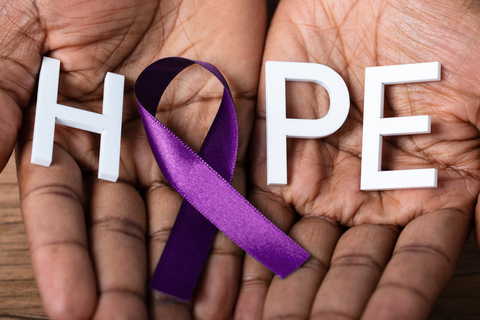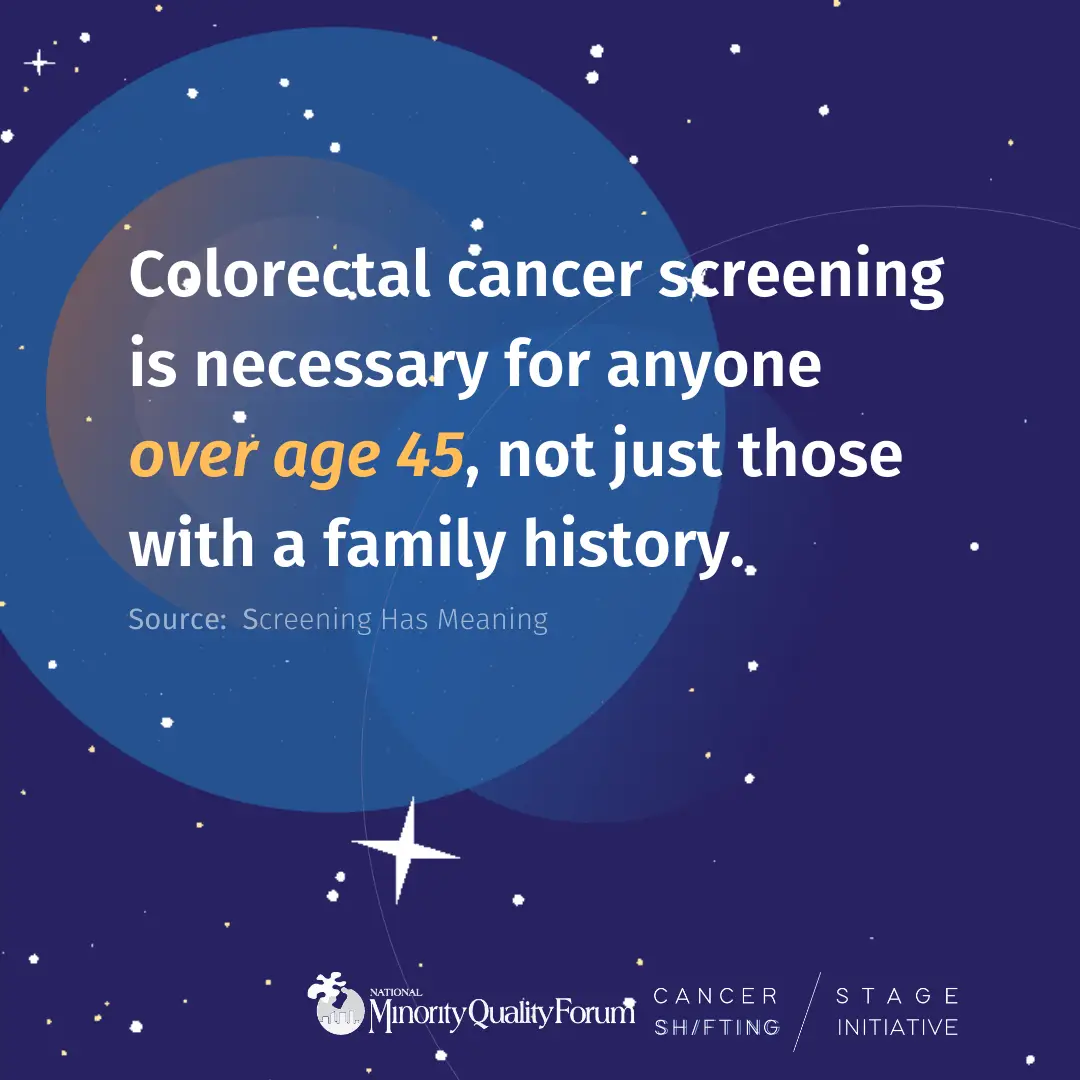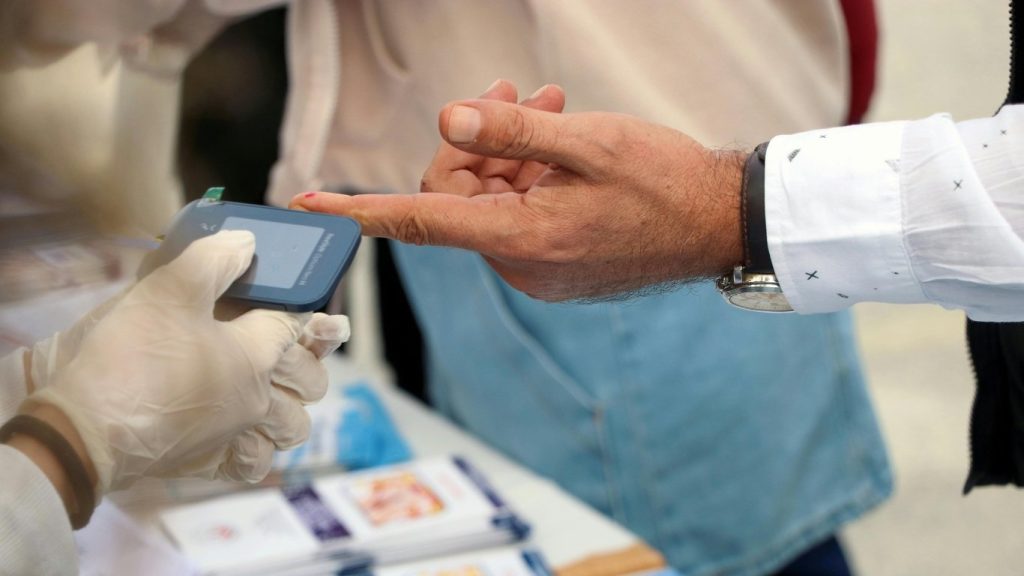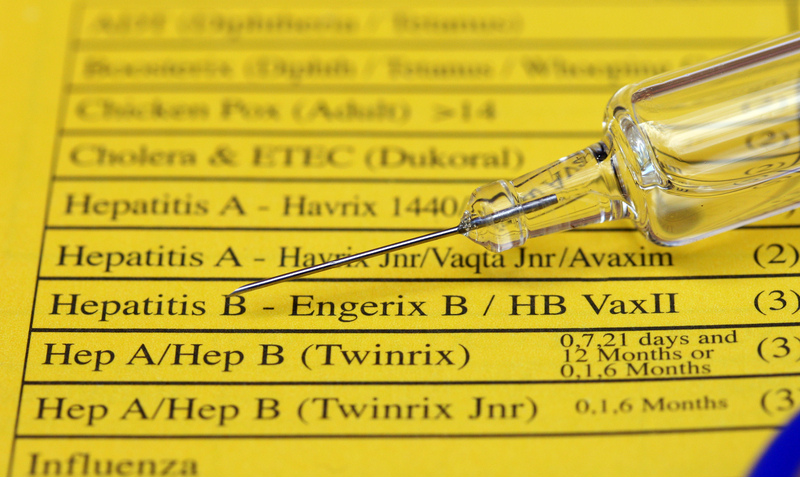
The federal government shutdown that began this week is more than a political standoff — it’s a disruption that will ripple across critical services, including health care, research, and community programs that millions of Americans depend on. While some essential services continue, many vital areas of public health and healthcare delivery are already facing uncertainty.
Funding Delays for Public Health Programs
During a shutdown, federal agencies suspend or delay non-essential spending, and this includes disbursement of grants to community health programs. Many clinics and nonprofits rely on federal dollars to provide preventive care, screenings, and outreach in underserved areas. If the shutdown continues, delays in funding could limit access to primary care and preventive services for vulnerable populations.
Reduced Operations at Federal Health Agencies
Agencies like the Department of Health and Human Services, the Centers for Disease Control and Prevention (CDC), and the National Institutes of Health (NIH) must furlough significant portions of their staff. This means fewer people to process grant applications, approve clinical trials, or monitor disease outbreaks. For everyday Americans, that can translate into slower research progress, gaps in public health guidance, and reduced support for local health departments.
Delays in Regulatory Reviews and Approvals
Healthcare is heavily dependent on regulatory processes — from approving new medications to ensuring food and drug safety. With staff cuts and slowed operations, reviews can be delayed. This affects pharmaceutical companies, hospitals, and ultimately patients who may have to wait longer for new treatments or updated safety information.
Strain on Community Health Services
Local organizations and community clinics often fill the gaps left by hospitals and larger systems. However, many of these groups rely on partnerships or funding streams tied to federal agencies. A shutdown leaves them with limited resources, which could reduce capacity to serve patients, especially in rural and low-income areas.
Impact on Health Research
The shutdown halts new projects at major research bodies and delays the release of critical health data. This can slow progress on studies related to cancer, chronic diseases, and health disparities. Researchers may be unable to access federal databases or continue clinical trials without approval or oversight.
Wider Community Impacts
Beyond health, shutdowns affect nutrition programs, housing assistance, and other social services that contribute to overall well-being. For many families, disruptions in these programs compound health challenges, making it harder to maintain stability and access care.
In the end, the longer the shutdown continues, the more significant its toll will be. Health care systems, community programs, and patients will all feel the strain. While political debates drive the headlines, it’s everyday people — especially those already facing inequities — who will carry the heaviest burden.
Also Read: Living with Metastatic Breast Cancer: Maria’s Journey of Resilience and Advocacy
Trending Topics
Features
- Drive Toolkit
Download and distribute powerful vaccination QI resources for your community.
- Health Champions
Sign up now to support health equity and sustainable health outcomes in your community.
- Cancer Early Detection
MCED tests use a simple blood draw to screen for many kinds of cancer at once.
- PR
FYHN is a bridge connecting health information providers to BIPOC communities in a trusted environment.
- Medicare
Discover an honest look at our Medicare system.
- Alliance for Representative Clinical Trials
ARC was launched to create a network of community clinicians to diversify and bring clinical trials to communities of color and other communities that have been underrepresented.
- Reducing Patient Risk
The single most important purpose of our healthcare system is to reduce patient risk for an acute event.
- Jessica Wilson
- Subash Kafle
- Jessica Wilson

















